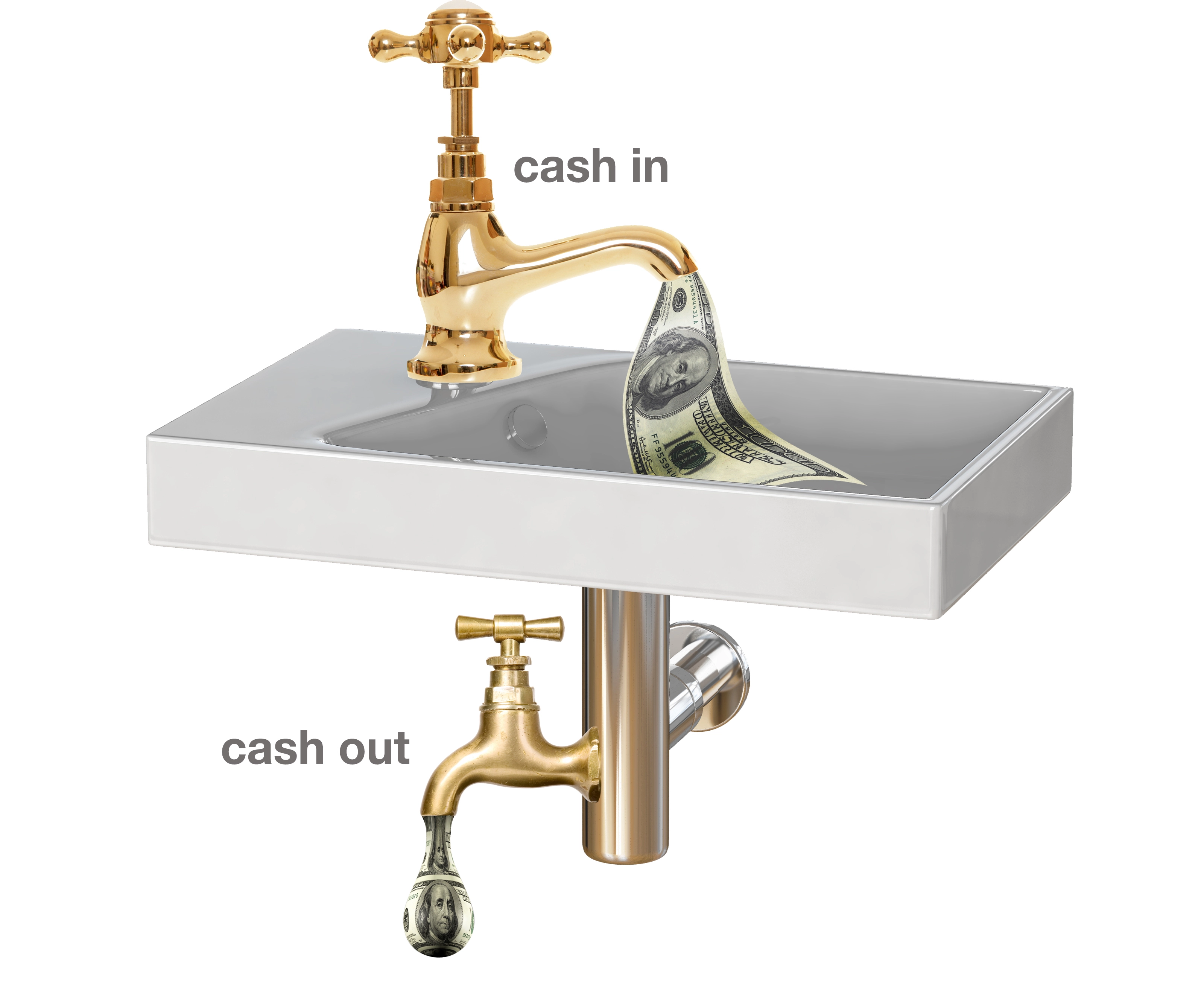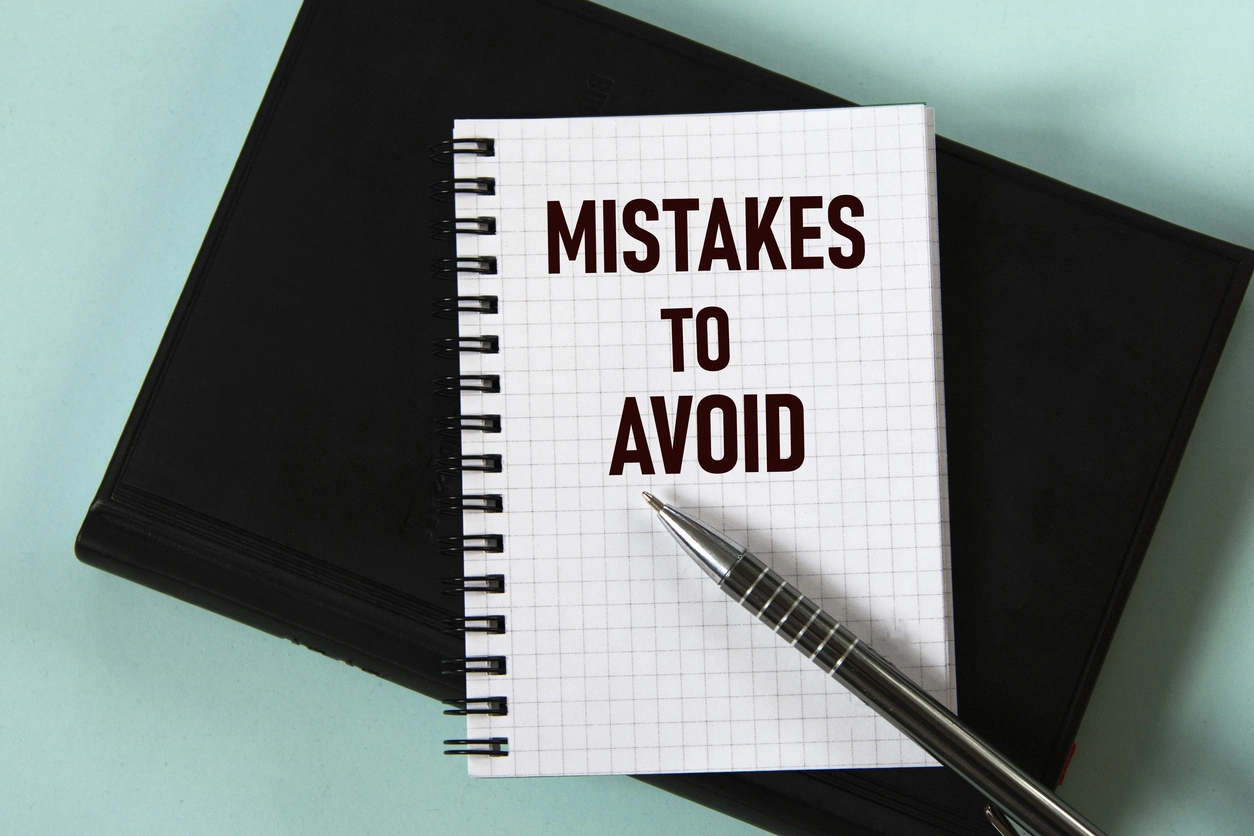To build wealth, your business has to survive without you. Can you take a vacation without worrying about your business? Can you go to a conference, a trade show or another business meeting for a few days without worrying about the business? Do you have a great management team who can run the business in your absence?
Can your employees run it without destroying it? Do your revenues stop when you stop working?
And even more important: Do you have to have control? This is probably the largest wealth destroyer. As your business grows there will come a point in time when you cannot do everything yourself. If you try, you will be miserable and the business will suffer because things are “slipping through the cracks.”
I call these “no man’s land” scenarios. I’ve written about No Man’s Land in previous columns.
No Man’s Land
John built his HVAC company from the ground up. He started working out of his house and grew the business. It was operating in a 5,000 square foot building with eight employees. At that point, all the decisions were still made by him even though he had a hard time getting everything done.
Mistakes started to happen and no one wanted to tell him about them because they knew he would “blow up.” In addition, his personal life was a mess. He didn’t have time for his wife and kids since the business was consuming him.
John was in “no man’s land.” He got help. Policies and procedures were put in place. He learned to let go and give a few of his employees the responsibility, accountability and authority to make decisions. He made them managers. Not all of them survived as managers. He found others who could help grow the company.
Now the company has 35 employees with a great team of managers. The company is not dependent on him. He has a better relationship with his wife and children. And, with the wealth that he built, he is planning to sell the business to the employees at some point.
Build Your Culture
You can build a business with no employees or hundreds of employees. The choice is yours. If you choose to build a business with employees, you must build a great culture as it grows.
Building a great culture means building a team of people who can manage the business without you being there every minute. Once you have a great team in place, you can manage from afar, if you’d like, and do other things.
Building a great culture means people will be attracted to working in your business because they heard it was a great place to work. When this positive word of mouth spreads, you can find people even in an economy where the job market is tight.
If your company has a great reputation, then people will want to work there and want to stay there. You as the owner lead. You leave the management to others who are probably better at it than you are.
Let Go
Most owners are not great managers. They are better visionaries “leading the charge” and should leave the day-to-day details to the management team. The leaders keep in touch using key performance financial, sales and operational indicators. When any indicator starts trending the wrong way, the responsible manager must fix the issue.
If the business is dependent on you, then it does not have as much value as a business that is led by you and can survive if you are not there.
The toughest transitions can be from parents to children. The parents build the business and the children want to take it over. The parents don’t want to let go. And, many times the children feel privileged or are forced to take over a business they don’t enjoy and don’t want to be a part of. This is why most family businesses rarely make it to the third generation and beyond.
If you are going to sell the business, then it has to be not dependent on you. For example, if you are the top salesperson for the company, when you leave, sales will fall because your customers are buying from you rather than the company. This lowers the value of your company.
Build a great culture and a business that is not dependent on you. This will build your business and personal wealth.






